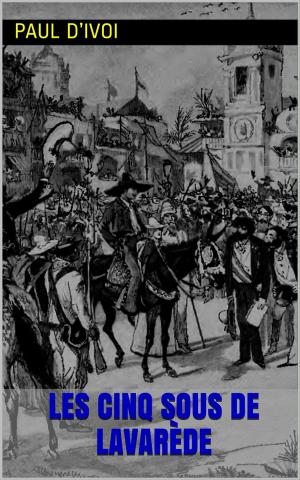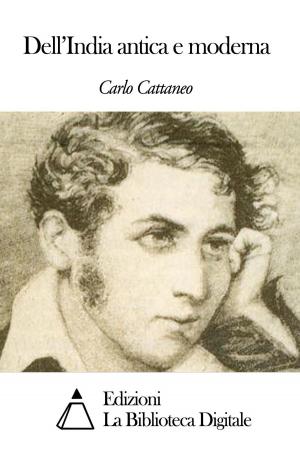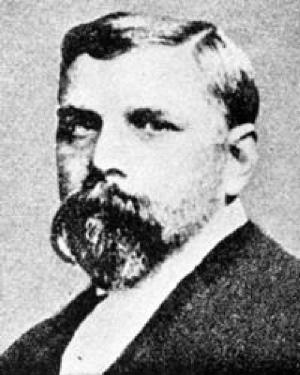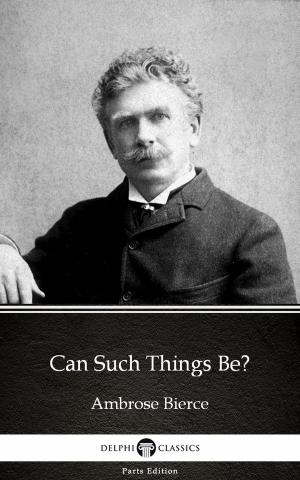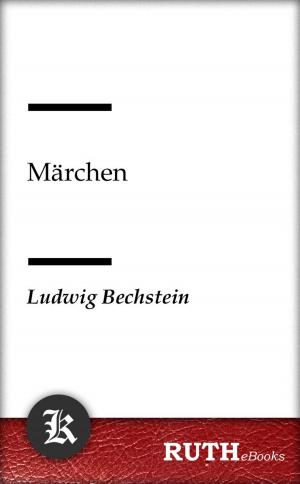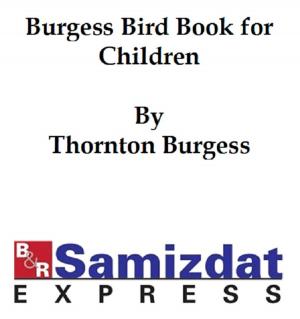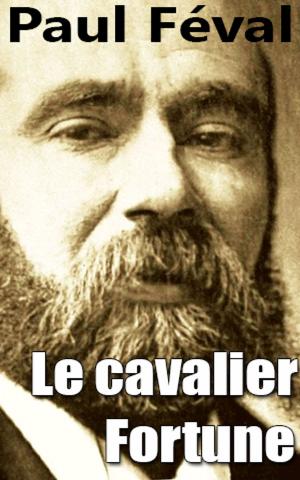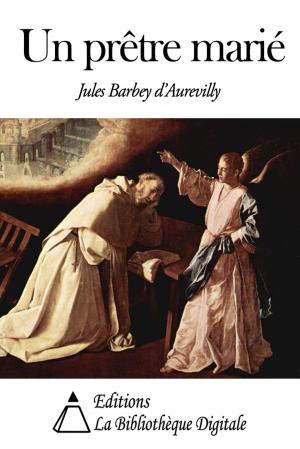| Author: | Ford Madox Ford | ISBN: | 9781925788235 |
| Publisher: | Woolf Haus Publishing | Publication: | September 3, 2019 |
| Imprint: | Woolf Haus Publishing | Language: | English |
| Author: | Ford Madox Ford |
| ISBN: | 9781925788235 |
| Publisher: | Woolf Haus Publishing |
| Publication: | September 3, 2019 |
| Imprint: | Woolf Haus Publishing |
| Language: | English |
“The finest English novel about the Great War” – Malcolm Bradbury, Guardian
Last Post is the fourth and final novel of Ford Madox Ford's highly regarded sequence of four novels, Parade's End.
The Parade's End novels chronicle the life of a member of the English gentry before, during and after World War I. The work is a complex tale written in a modernist style ("it is as modern and modernist as they come"), which concentrates on the psychological result of the war on participants and on society. In December 2010, John N. Gray hailed the work as "possibly the greatest 20th-century novel in English", and Mary Gordon labelled it as "quite simply, the best fictional treatment of war in the history of the novel".
“The best novel by a British writer . . . It is also the finest novel about the First World War” – Anthony Burgess
“There are not many English novels which deserve to be called great: Parade’s End is one of them.” – W. H. Auden
“If Parade’s End is due for a revival it’s not for its large historical or philosophical truths but because it is panoramic and beautifully written. It is a condemnation of the brutal senselessness and stupid waste of war.” – Edmund White, New York Review of Books
“Possibly the greatest 20th-century novel in English, I've come to think.” – John Gray, New Statesman
“The finest English novel about the Great War” – Malcolm Bradbury, Guardian
Last Post is the fourth and final novel of Ford Madox Ford's highly regarded sequence of four novels, Parade's End.
The Parade's End novels chronicle the life of a member of the English gentry before, during and after World War I. The work is a complex tale written in a modernist style ("it is as modern and modernist as they come"), which concentrates on the psychological result of the war on participants and on society. In December 2010, John N. Gray hailed the work as "possibly the greatest 20th-century novel in English", and Mary Gordon labelled it as "quite simply, the best fictional treatment of war in the history of the novel".
“The best novel by a British writer . . . It is also the finest novel about the First World War” – Anthony Burgess
“There are not many English novels which deserve to be called great: Parade’s End is one of them.” – W. H. Auden
“If Parade’s End is due for a revival it’s not for its large historical or philosophical truths but because it is panoramic and beautifully written. It is a condemnation of the brutal senselessness and stupid waste of war.” – Edmund White, New York Review of Books
“Possibly the greatest 20th-century novel in English, I've come to think.” – John Gray, New Statesman

